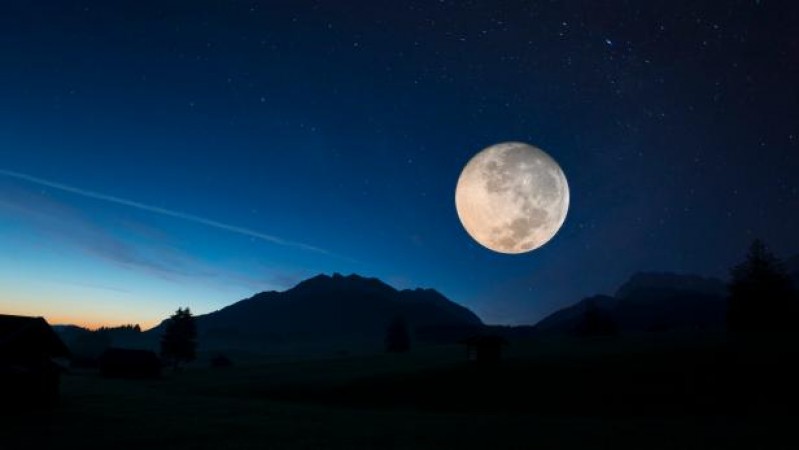
On National Moon Day, we celebrate not only humanity's remarkable achievements in lunar exploration but also India's rich ancient heritage of moon-related research. While modern space missions have brought us closer to our celestial neighbor, it is worth delving into the depths of history to discover the intriguing tales of India's lunar pursuits.
Long before the advent of telescopes and spacecraft, ancient Indian scholars and astronomers dedicated themselves to studying the moon. Their observations, calculations, and insights laid the foundation for our understanding of Earth's satellite and left an indelible mark on the world of science and spirituality.
In ancient India, the study of the moon held immense significance across various fields, including astronomy, astrology, and religious practices. Scholars meticulously observed the moon's phases, its movements across the night sky, and its influence on natural phenomena. Their deep reverence for the moon led to the development of sophisticated lunar calendars and the establishment of lunar-based festivals.
One of the most notable contributions of ancient Indian research on the moon can be found in the field of astronomy. Indian astronomers formulated intricate mathematical models to predict the moon's positions and calculate lunar eclipses with astonishing accuracy. The Surya Siddhanta, an ancient astronomical text, provides detailed calculations for lunar motion and eclipses, showcasing the advanced level of understanding achieved by Indian scholars.
Furthermore, the moon's influence extended beyond scientific realms. In Indian astrology, the moon played a central role in determining personality traits, emotional patterns, and auspicious timings for various activities. Vedic literature, such as the Brihat Parashara Hora Shastra, emphasized the moon's influence on human lives and explored the intricate connections between celestial bodies and terrestrial existence.
Moreover, the moon has held profound spiritual significance in Indian culture for centuries. In Hindu mythology and folklore, the moon is associated with deities such as Chandra (the Moon God) and Shiva, adding to its mystique and symbolism. The soft, serene glow of the moon has inspired poets, artists, and seekers of enlightenment, evoking emotions of beauty, tranquility, and spiritual awakening.
While ancient Indian research on the moon might have been conducted without the sophisticated technology we possess today, it was marked by meticulous observations, intellectual curiosity, and a deep reverence for the celestial realm. These efforts paved the way for future generations to explore and unravel the mysteries of the moon.
As we celebrate National Moon Day, let us honor India's ancient lunar research and the invaluable contributions of its scholars. By acknowledging the wisdom of the past, we gain a greater appreciation for the remarkable advancements made in lunar exploration and inspire future generations to continue pushing the boundaries of knowledge.
On this special day, let us look up at the moon with awe and gratitude, recognizing the enduring connection between humanity and our celestial companion. From the ancient observations of Indian scholars to the remarkable feats of modern space exploration, our fascination with the moon persists, reminding us of the boundless wonders that await us in the vast expanse of the universe.
Staying Informed about Weather Conditions and Travel Alerts
Govt calls all-party meet ahead of Parliament's Monsoon Session on July 19
SL President Wickremesinghe's Official Visit to India Strengthens Bilateral Ties